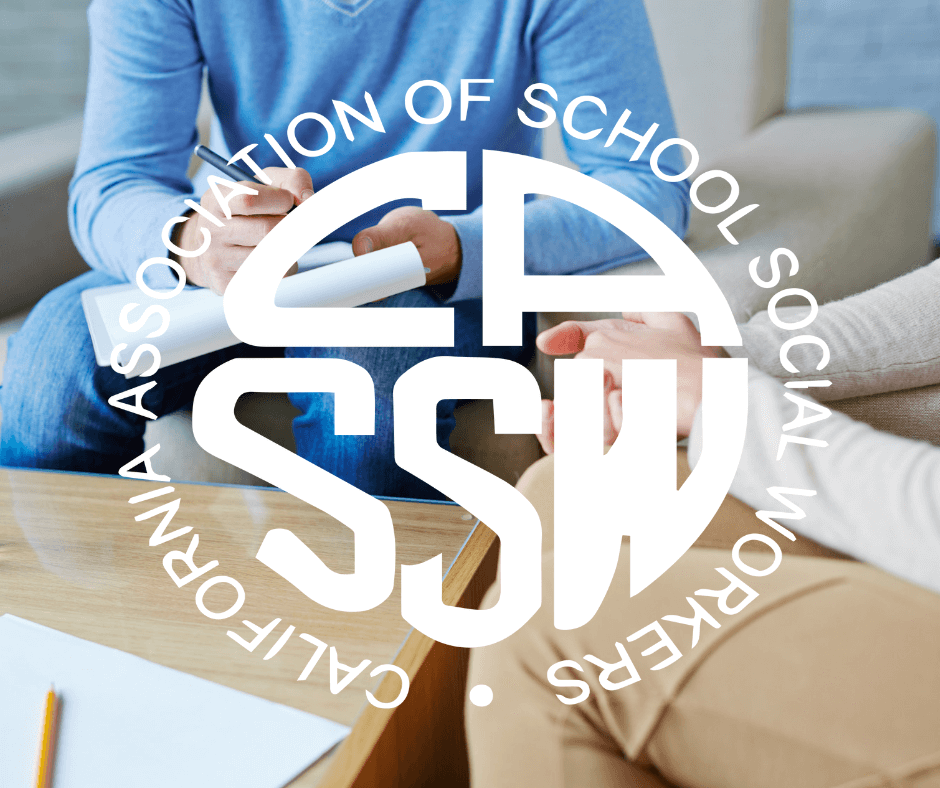
From the California Association of School Social Workers:
“In a racist society, it is not enough to not be non-racist, we must be anti-racist” – Angela Davis.
Say Their Names. George Floyd, Breonna Taylor, Ahmaud Arbery, and the countless others that came before.
If you are planning on talking to your students or children about the recent racial violence or civil disobedience, please first read “Don’t Say Nothing” by Jamilah Pitts. This piece illustrates how vital it is to engage young people in conversations about race and racism, and Ms. Pitts lays out the argument better than we ever could.
We hope that you take this time to read, reflect, and engage with both the young people and adults in your life in conversations around how we can confront racism every day. Safeguarding our young people means that we all must do the work to think and act equitably, show up for our Black students and colleagues, interrogate our own biases, and live an actively anti-racist life.
Below are suggestions and strategies for educators and parents on having conversations with young people in school and at home about race, racism, racial violence, understanding biases, and how to take action for racial justice.
At this time, we must focus on our shared humanity, and prioritize learning and talking about the root causes of the current protests and the interracial activism. This is a time to come together, listen, learn, share in grief and in hope, and act for a more just, equitable, and racially conscious world.
If you have suggestions for any lessons or activities, please share them with us here.
For more information on social emotional support and guidance, contact the CPS Office of Social and Emotional Learning at OSEL@cps.edu or your Network SEL Specialist.
For more information on resources, protocols, and practices for civil discourse, youth voice, civic learning and engagement, or K–12 social science, contact the CPS Department of Social Science and Civic Engagement at SSCE@cps.edu.
For information on the CPS Equity Framework and supporting tools and resources, please visit cps.edu/equity.
To see the full toolkit, please click on the this link!











